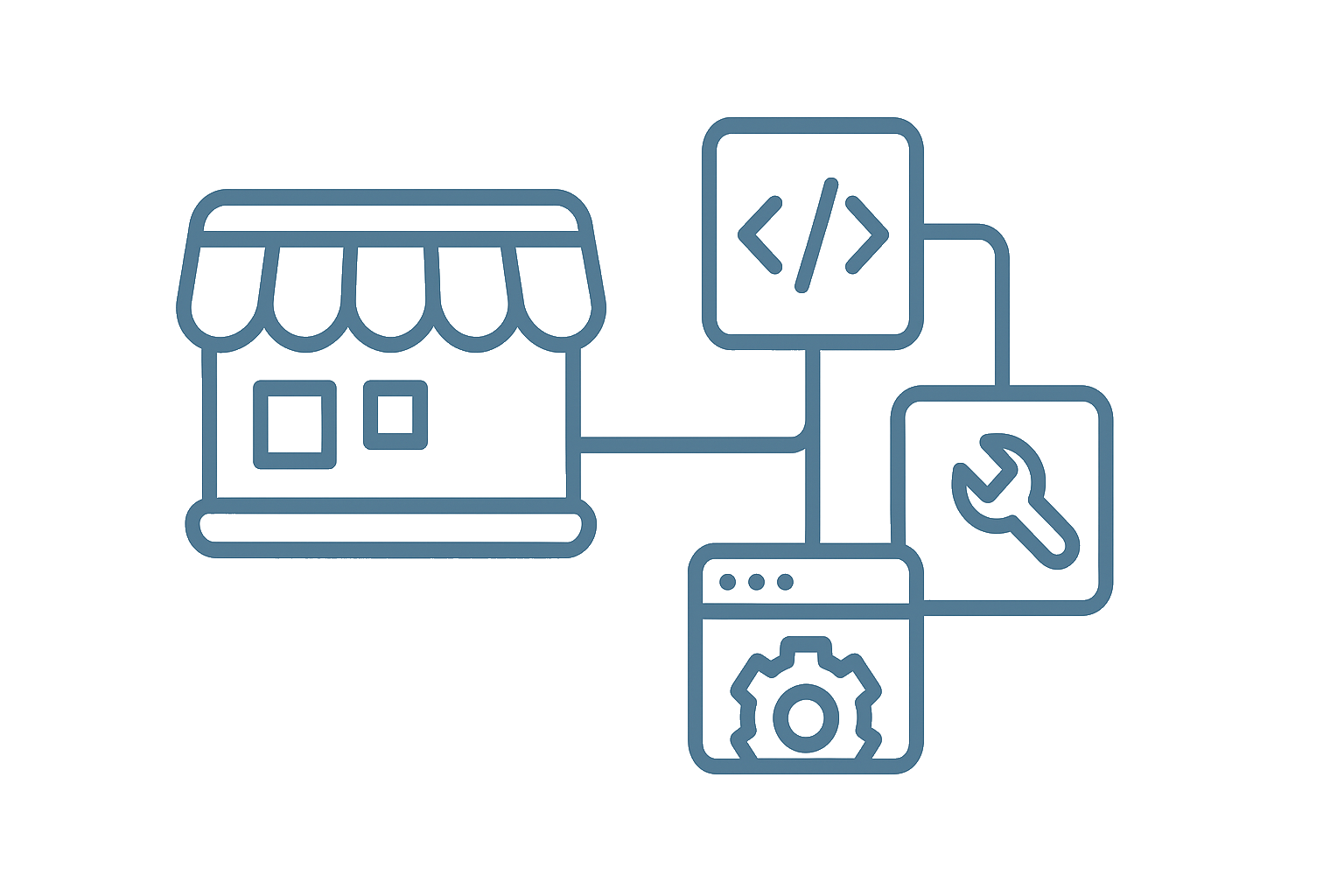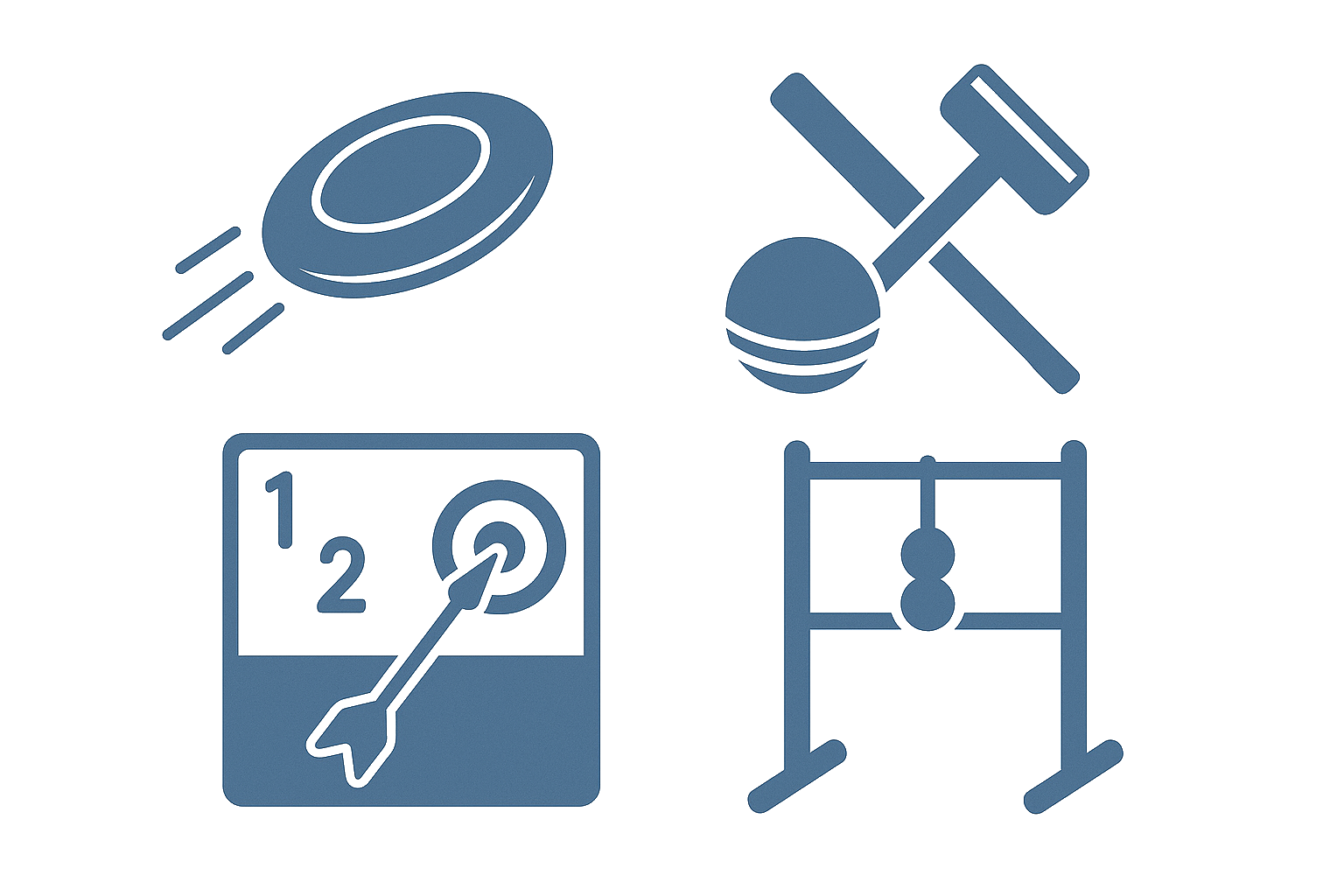🦾 Expertise Snapshot
Software marketplace platforms and their supporting toolsets are the backbone of today’s digital economy, connecting developers, businesses, and end-users in seamless ecosystems. But while the code is clever, the real value often lies in the unseen IP strategy powering the business model.
At Miller IP Law, we understand that marketplaces and toolsets are more than just “apps”—they’re full-fledged ecosystems where licensing terms, integrations, and user trust intersect. Protecting these assets isn’t just about writing code; it’s about writing the right IP story.
🧠 How Our Expertise Makes a Difference
When your business builds or supports a software marketplace, you’re essentially running the digital equivalent of a bustling city. Our role? Helping ensure your IP keeps the infrastructure secure and your growth unstoppable.
From patents covering core functionalities to trademarks safeguarding brand recognition, and copyrights defending unique interfaces, we provide a holistic approach. That means you can scale your software marketplace with confidence, knowing the legal foundation is just as strong as your technical one.
🔒 IP Breakdown: Protecting What Matters
Software marketplaces thrive on trust, innovation, and visibility. Patents secure unique technical processes, trademarks safeguard marketplace names and logos, and copyrights protect user interfaces and supporting content. Together, these create a competitive moat.

🔬 Patents in Software Marketplaces
Patents play a critical role in safeguarding the backbone of marketplace functionality. Think algorithms that match buyers and sellers, secure payment workflows, or integrations with third-party APIs—these technical processes are often protectable. Without patents, competitors can replicate these features and undercut your differentiation.
Supporting toolsets also benefit from patent protection. From deployment frameworks to analytics dashboards, the features that streamline marketplace operation often contain inventive processes worth protecting. Even seemingly “small” optimizations—like improved load balancing or novel fraud detection methods—can be the cornerstone of long-term competitive advantage.
🏷️ Trademarks in Software Marketplaces
Marketplace success often depends on trust, and trust is inseparable from branding. A strong trademark ensures your platform’s name, logo, and even unique taglines are clearly distinguishable from copycats. When customers see your mark, they know the experience and reliability they can expect.
Trademarks also extend to toolsets that power developer ecosystems. For instance, APIs, SDKs, or plug-ins often carry branded identifiers. By trademarking these, you protect your reputation while signaling consistent quality, making your platform the go-to hub for both developers and businesses.
📚 Copyrights in Software Marketplaces
Copyrights are the quiet workhorse of marketplace IP. The source code itself is automatically protected upon creation, but formal registrations create enforceability when disputes arise. Copyrights also cover user interfaces, dashboards, and even documentation that accompanies developer toolsets.
For marketplaces, visual design is part of the user experience—and thus, the business model. Protecting layouts, icons, and onboarding guides ensures competitors can’t simply “skin” your innovations while benefiting from your creative labor. Copyright law helps you lock down the look and feel that make your marketplace unique.
💡 Real-World Business Examples
App Store (Apple)
Apple’s App Store transformed software distribution. Beyond software code, Apple has layered patents for payment processing and app management, trademarks for branding, and copyrights for interface elements. These protections keep the marketplace trusted and defensible.
GitHub Marketplace
As a hub for developer tools and integrations, GitHub leverages IP to safeguard both its core platform and supporting toolsets. Copyrights cover repository interfaces, trademarks protect the GitHub brand, and patents secure unique aspects of its collaboration workflows.
Salesforce AppExchange
Salesforce’s AppExchange thrives on trademark recognition and patented processes that enable seamless integration with its CRM. Copyrights extend to user experience design, while toolsets like APIs and SDKs are protected both by IP and careful licensing structures.

🎯 Take the Next Step
Ready to protect your software marketplace’s innovation and brand? Let’s craft an IP strategy as scalable as your platform.











